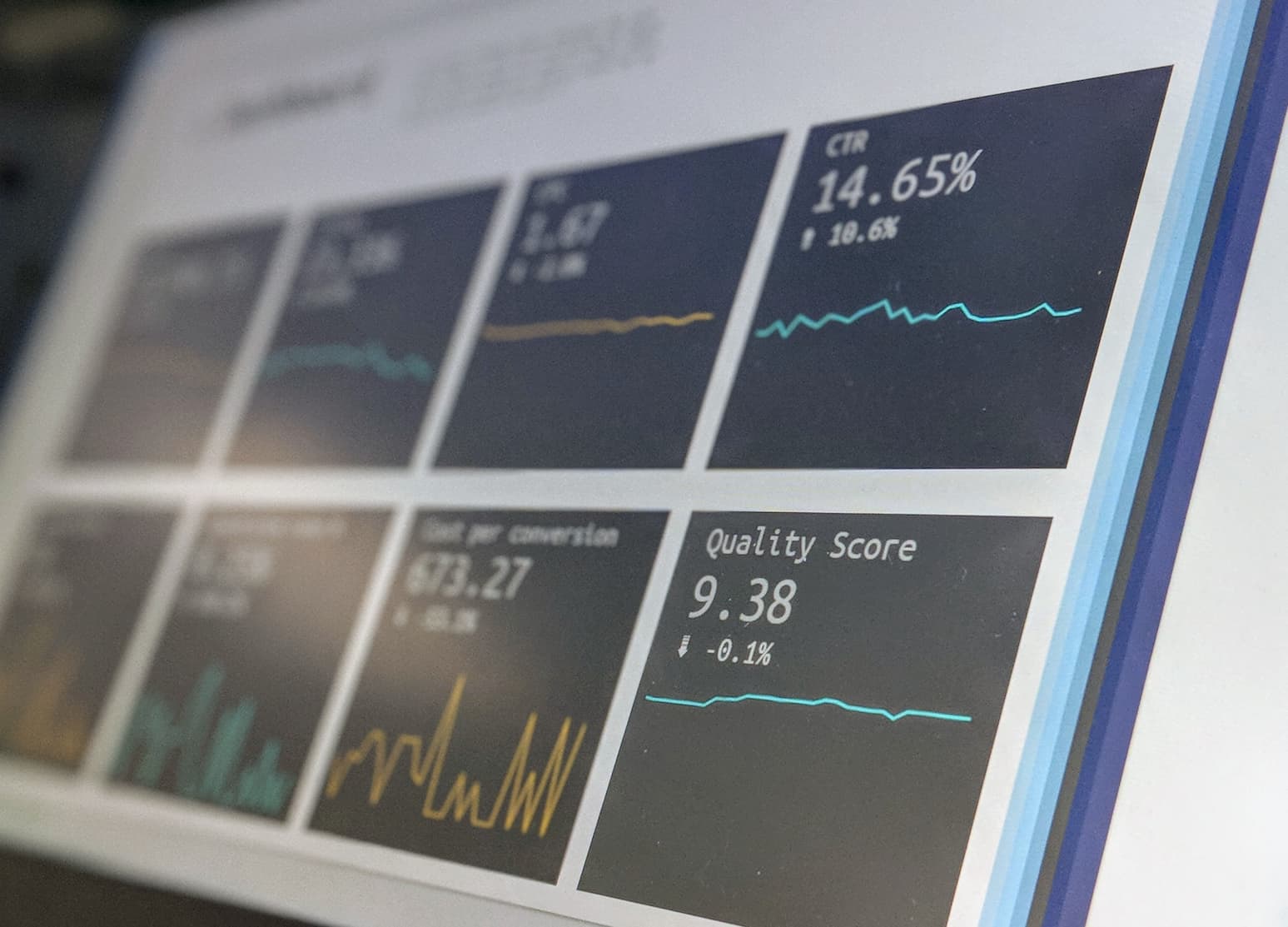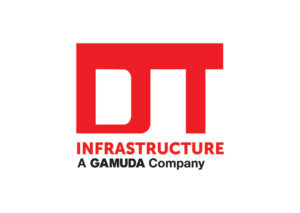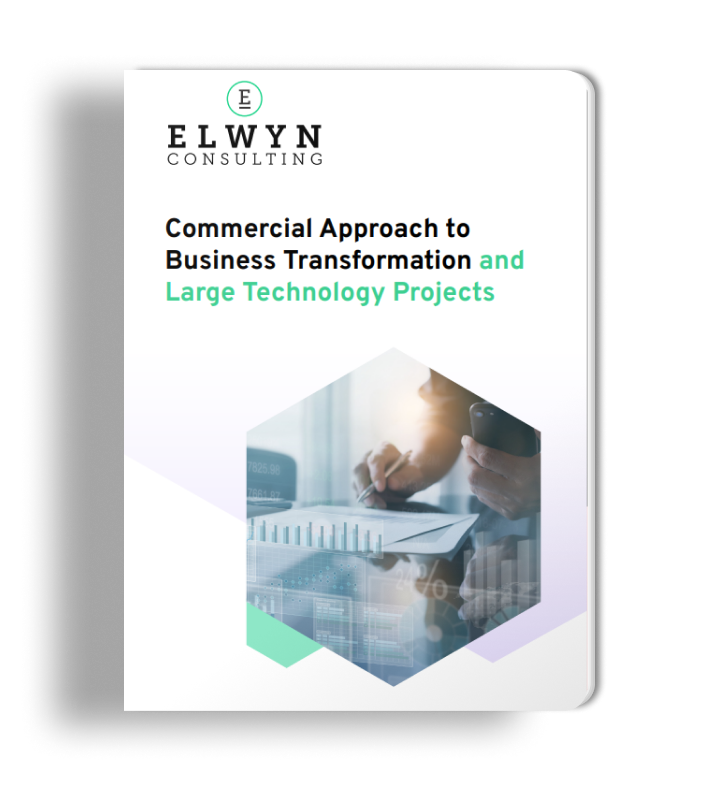In today’s technology-driven world, businesses and organisations of all sizes are increasingly turning to enable projects to gain valuable insights, make informed decisions, and stay competitive throughout transformation. However, the success of a large technology project often hinges on how well it is initiated and planned.
Being proactive means taking a pragmatic approach to problem-solving, anticipating challenges, and taking steps to prevent them before they occur. In contrast, being reactive means waiting for problems to arise and then responding to them. In this blog post, we’ll explore the significance of starting a technology project on the right foot and discuss key steps to ensure its success by being ready.
In business, being proactive can mean the difference between success and failure.
- Defining Clear Objectives
Every successful technology project begins with a clear understanding of its objectives. What do you hope to achieve with your project? Defining precise goals is paramount, whether it’s improving customer retention, optimising operations, or enhancing product recommendations. Well-defined objectives provide a roadmap for the entire project and align with the business strategy.
- Data Quality and Accessibility
High-quality data is the lifeblood of any technology project. Ensuring data quality involves cleansing, validating, and transforming data to eliminate errors and inconsistencies. Equally important is accessibility; data must be readily available to the business. Investing time and resources in data preparation pays off in the long run by preventing costly errors and delays.
- Reference Point
When starting a large technology project, having a reference point is a must. Being able to refer back to what the project is meant to look like and how it is meant to be progressing is important for the success of the project. You are at high risk of veering off course without regularly checking back to a reference point. This can include business processes and requirements.
- Selecting the Right Team
The success of a technology project relies heavily on the expertise of the team members involved. Building a multidisciplinary team with a blend of domain knowledge, data skills, and technical proficiency is crucial. Collaboration between a company’s staff and the external expertise they hire to partner in the project is vital for a successful start to a project. It ensures everyone is on the same page prior to commencement.
- Choosing the Right Tools and Technology
Selecting the appropriate tools and technology stack is another critical decision when starting a project. The choice depends on the project’s specific needs and goals. Whether selecting a cloud platform for scalability or choosing the right analytics software, aligning technology with project requirements is essential for efficiency and effectiveness.
- Creating a Robust Project Plan
A well-structured project plan acts as a blueprint for your technology project. It should include timelines, milestones, resource allocation, and risk management strategies. Having a clear plan in place helps track progress and allows for adjustments when unforeseen challenges arise and is understood by all stakeholders.
- Ethical Considerations and Data Privacy
Technology projects often involve handling sensitive information, and it’s essential to prioritise ethical considerations and data privacy from the outset. Ensure compliance with relevant regulations and implement robust data protection measures. Addressing these concerns early mitigates legal and reputational risks and builds stakeholders’ trust.
- Continuous Evaluation and Iteration
A technology project continues even after the initial objectives are met. Continuous evaluation and iteration are key to its long-term success. Regularly assess the project’s impact on your organisation and be prepared to adapt to changing circumstances and new insights. Technology projects should be viewed as ongoing processes, not one-time endeavours.
Businesses will save time and money keeping to these guidelines. Trying to solve a problem after it has occurred is almost always more wasteful of company resources. An ounce of prevention is worth a pound of cure — and a small investment in preparation can be worth millions in damage control.
Proactive companies think about the perspective of the development inside their company and outside the market. Being proactive means being focused on growth. While reactive companies are usually concentrated on resolving current issues nearly all the time, they very often have no time to develop plans to grow.
Focusing on proactive strategies should become a primary goal for a business that wants to grow and raise funds. Proactive strategies are more interesting and deal with future prospects. In the battle of proactive vs. reactive scenarios, proactive always wins.
Starting a technology project well is not just a good practice; it’s a critical factor in determining its ultimate success. Clear objectives, high-quality data, the right team, technology, and a well-thought-out plan are the building blocks of a successful project. In a technology-driven world, the journey often matters as much as the destination, and a strong start sets the stage for a fruitful data project.






